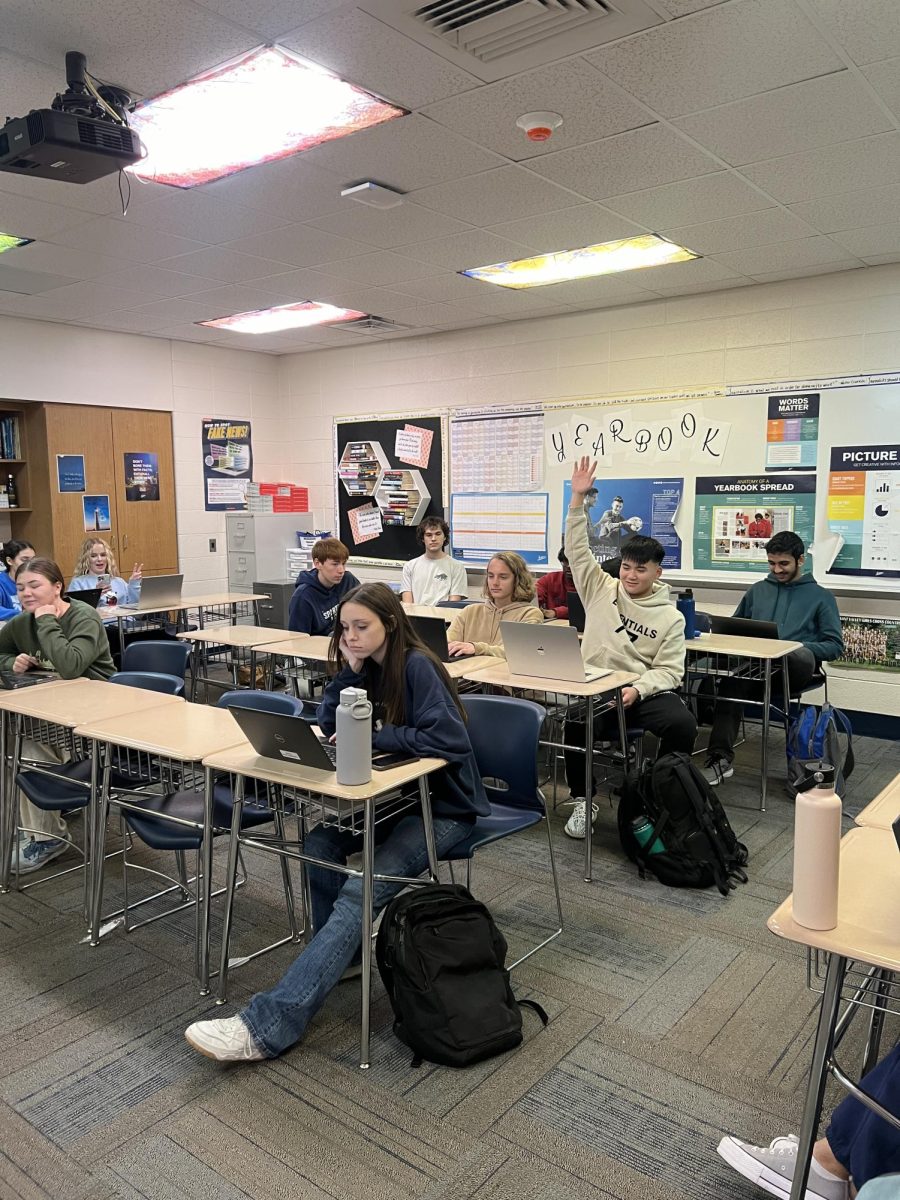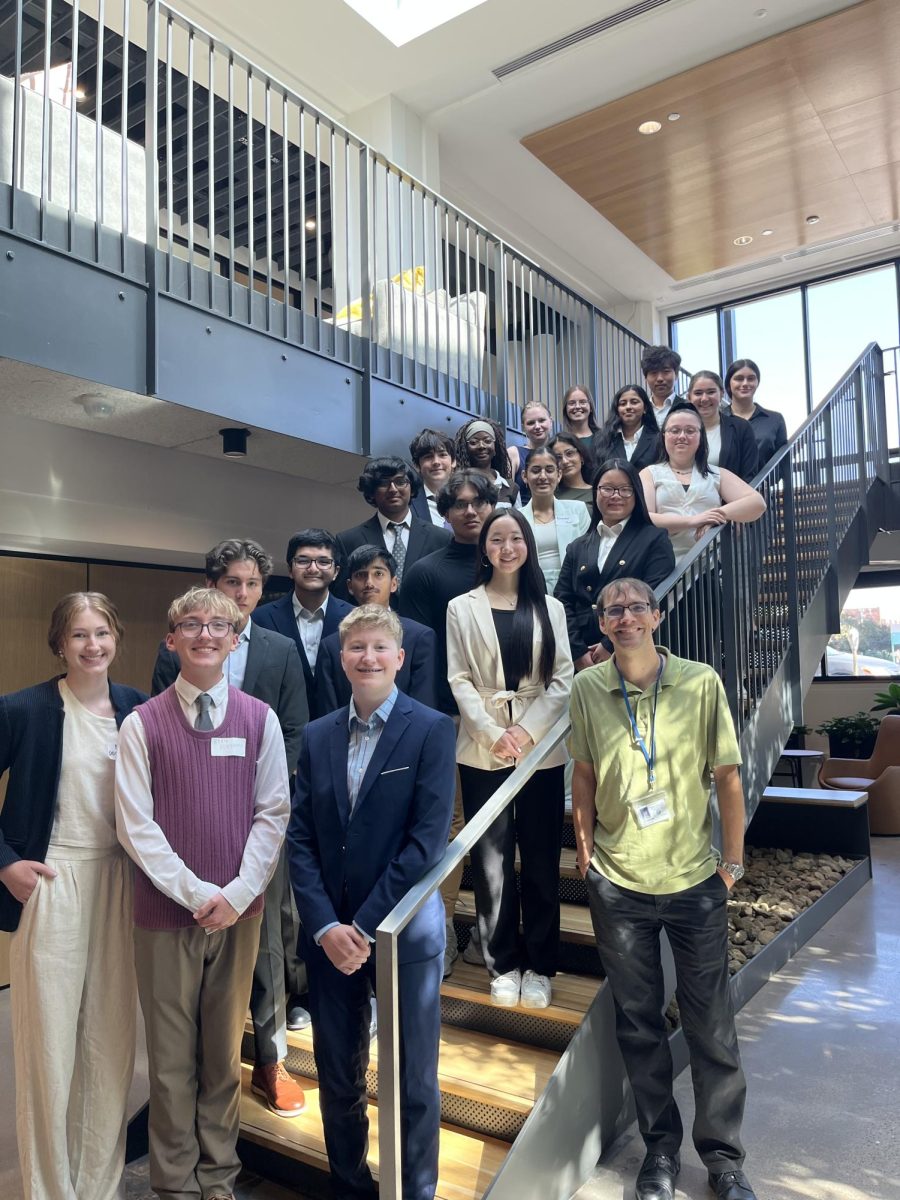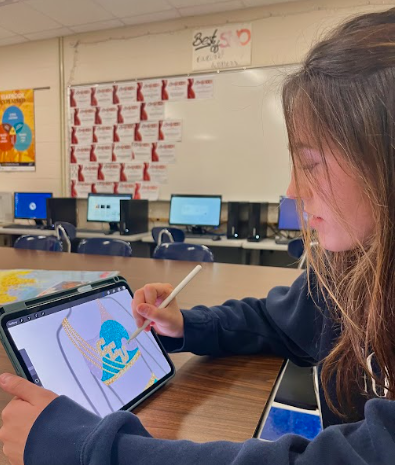The fear of embarrassment has become a significant concern among teenagers. This heightened anxiety can be attributed to several factors, including societal expectations, the pervasive influence of social media and the desire to fit in with peers. Due to this fear, parents and schools have begun to notice a lack of participation and social interaction.
A major contribution to teenagers’ anxiety is social media. Platforms like TikTok, Instagram and Snapchat have created environments where teens constantly compare themselves to others. The curated perfection posted online can make individuals hyper-aware of their perceived flaws and mistakes. Every post, comment or photo becomes a potential source of ridicule or judgment, ultimately amplifying anxiety.
Academically, students are avoiding participating in class discussions or asking questions for fear of being wrong or making a mistake. Ultimately, this causes more confusion and limits one’s academic success. Additionally, group projects have slowly declined in collaboration as students fail to communicate with each other and turn what is intended to be a social task into individual work-time.
To encourage student participation, it’s critical for teachers to set their students up for success. “I don’t think participation has really changed too much over the last few years. Part of this is also the climate the teacher creates in the classroom. It’s important as a teacher to make a welcoming climate/environment in your classroom that all learners feel supported, regardless of the answers they provide,” said teacher Joshua Hoffmann.
In the long run, teenagers’ social skills have weakened, creating a more socially-awkward environment. Adults have noticed that younger generations are failing to hold quality conversations both with their peers and superiors. In addition, teens are struggling to pick up on social cues and form lasting relationships. These qualities will make it much more difficult for individuals to obtain jobs and make friends.
COVID-19 initially damaged teenagers’ social skills, as there was limited social interaction on a daily basis. Attending virtual school eliminated class participation and allowed students to ask questions via typing. Quarantining accustomed teens to isolation and little to no in-person communication with people their own age.
Classmates have also noticed the decline in expression of personality and engagement among their peers. “Being in the front of the student section and in charge of getting people ‘started’, I’ve noticed how so many people won’t cheer. People seem uncomfortable when others cheer or are outgoing and often will turn to their friend to tease a person who’s letting loose at a game. But I think it’s because those kids themselves are so embarrassed to cheer or do anything without being told to do so. Even if I or another person tells them to cheer, they will flat out not do it and continue to just stand there,” said student section leader Sophia Lewis.
In general, school, extracurriculars and conversations have become much less enjoyable due to teenagers’ declining social skills. The rising fear of embarrassment among teens is stripping society of crucial life skills and leading to a disappearing student voice.










